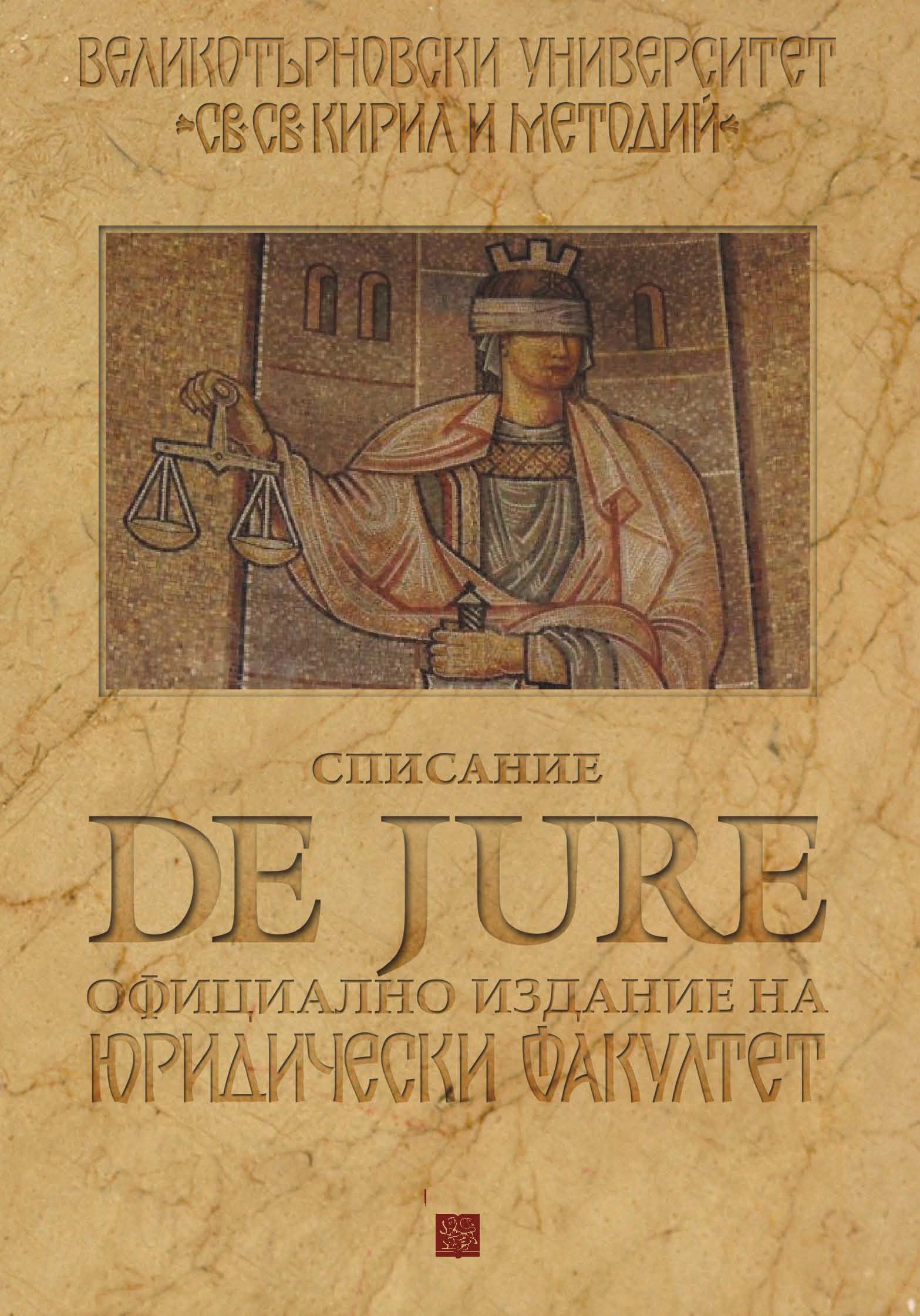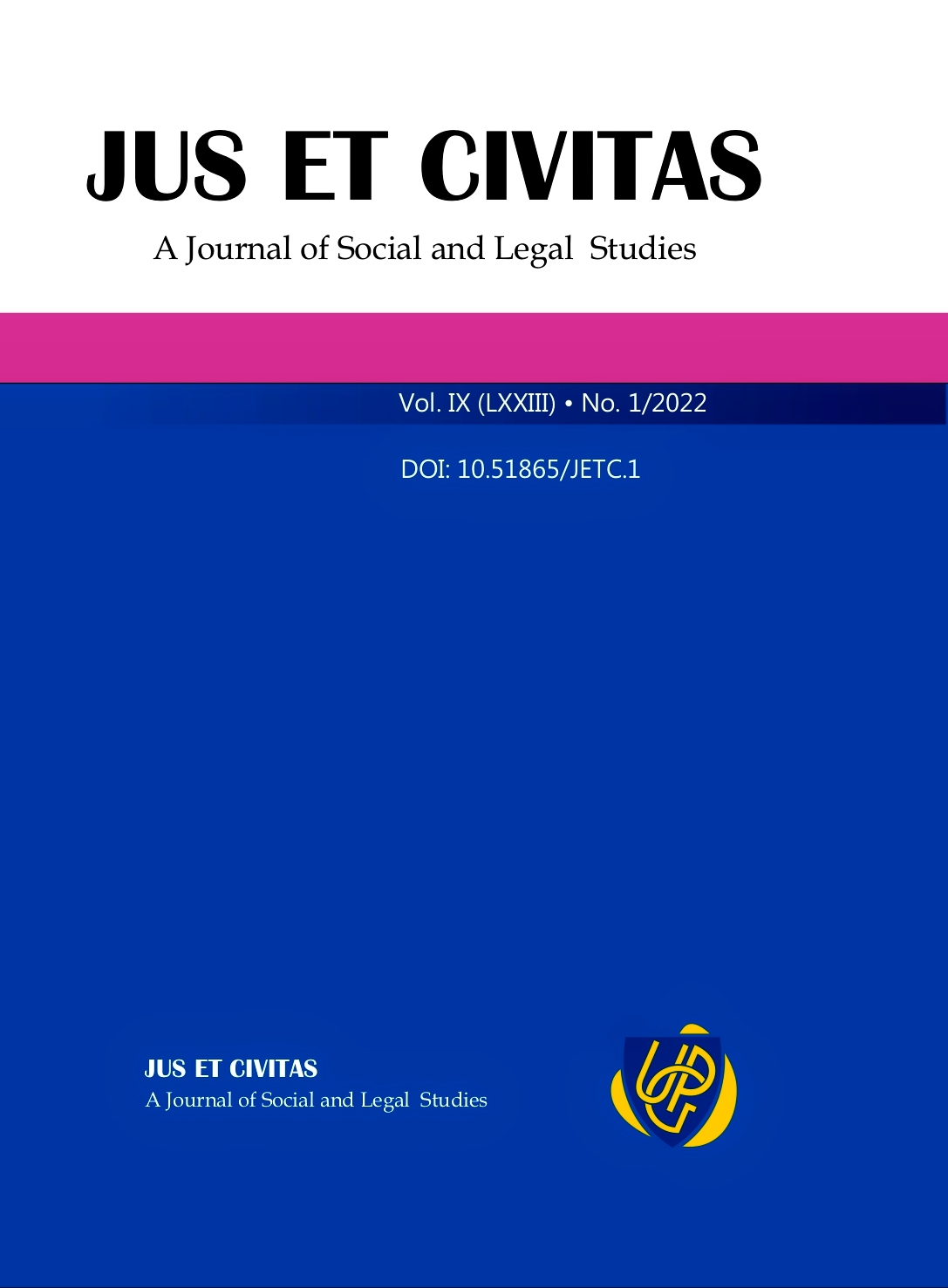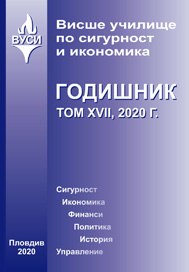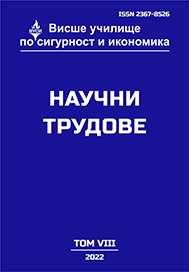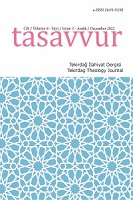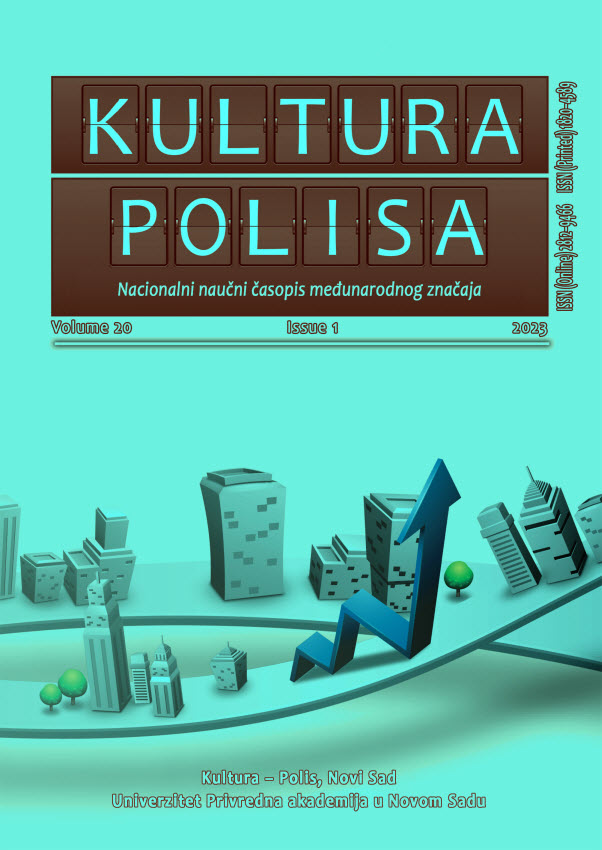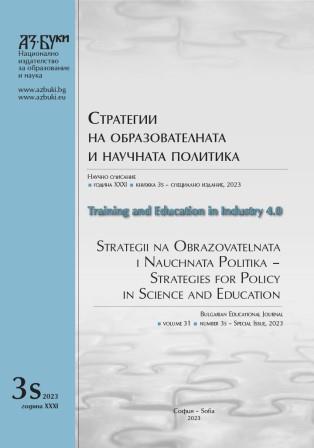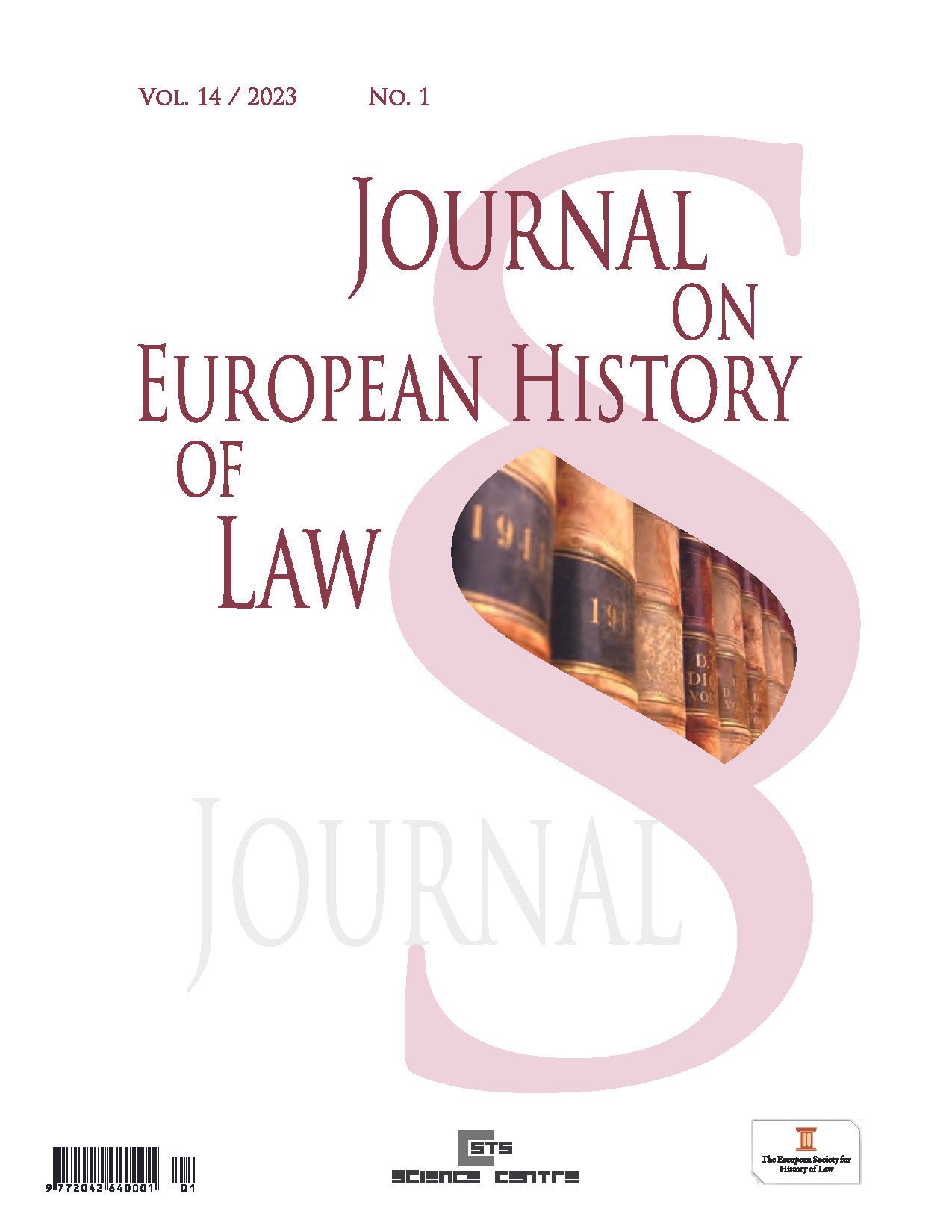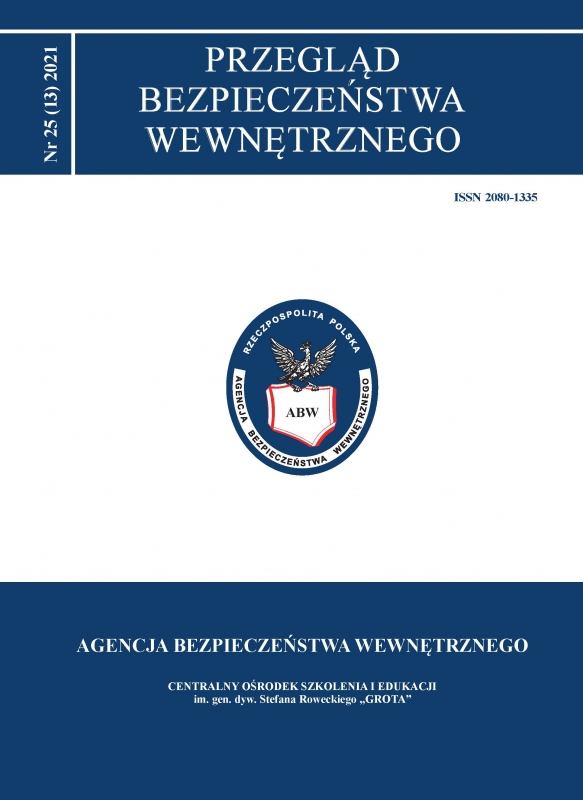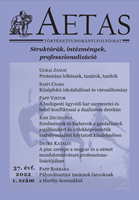Author(s): Muhammed Usame ONUŞ / Language(s): Turkish
Issue: 2/2022
According to Islamic law, there are rules and prohibitions that Muslims must follow in their actions and transactions. The prohibition of interest has been decisive in many actions, especially in debt. Accordingly, Muslims cannot put forward a condition of interest in their debt, nor can they take any transactions under this condition. Many jurists viewed interest not only as an excess of the debt but also as any benefit that the creditor would receive from the debtor other than the amount of the loan, and they evaluated it within the scope of interest. Since the lender of “qard”, which is generally used to define the debt, should not receive anything in return and should expect its reward from Allah, this was called “qard al-hasen”, quoting the relevant verses of the Qur’an, and Muslims tried to meet their credit needs through qard al-hasen. However, in some cases, people had difficulty obtaining the credit they needed, and especially in the modern period, the need for credit has increased both individually and institutionally. Therefore, Muslims tried to meet their need for qard by resorting to different ways within the limits of the Shariʽah. While applications based on transactions such as sukuk, mudaraba and murabaha and those based on intermediary transactions such as the purchase and sale of goods or partnerships were developed, applications based on direct debt without resorting to such transactions remained almost nonexistent. However, from the expressions in the books of classical fiqh, it is understood that the juʽalah, which is defined as “promising a reward in return for an action”, can be used for obtaining qard under certain conditions. In this type of juʽalah, which can be named as juʽalah ala al-iqtirad, a person in need of qard promises a certain reward from third parties to the person who provides him qard. Considering that there is a qard in question in this transaction and that the debtor pays more than the qard he has received, it is necessary to examine the opinions about this transaction's relationship with interest and its validity. The main focus of the research will be answers to questions such as the conditions that the aforementioned juʽalah transaction must meet to be valid, in what ways this transaction differs from interestbearing transactions, and within which limits.
More...
